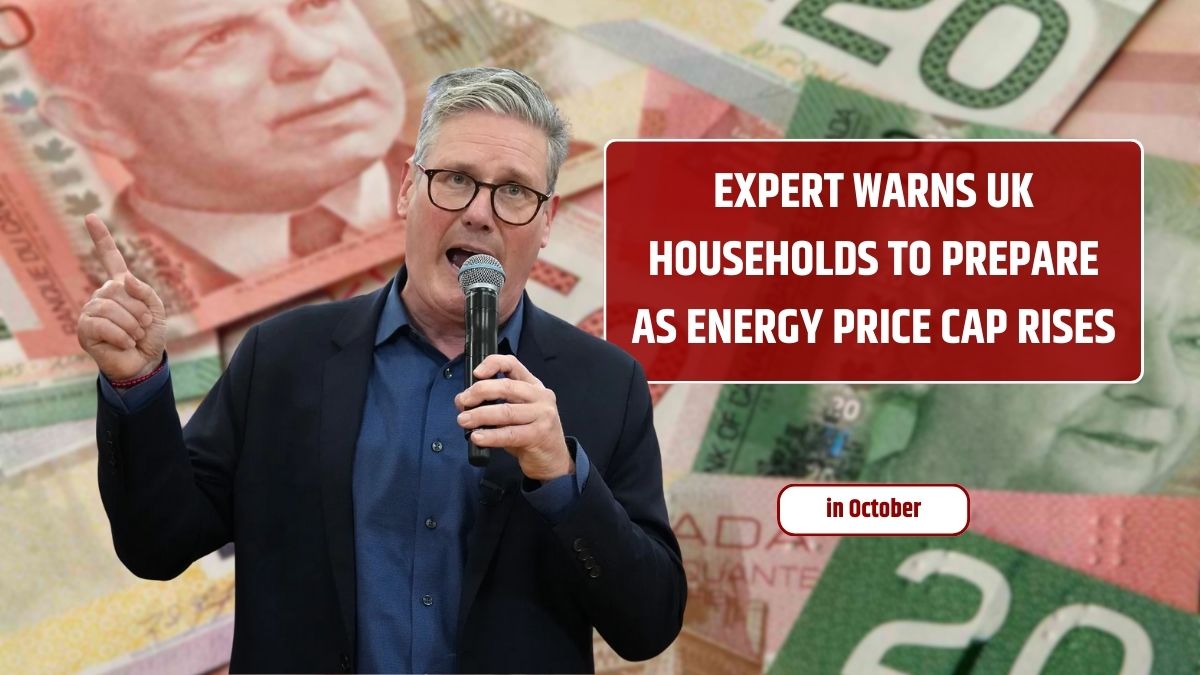UK households are being urged to brace for another bump in their energy bills this winter as the next energy price cap is set to come into effect. Ofgem will officially announce the change on August 27, with the new rates applying from October through the end of December. While the expected increase is only around 1%, experts say the timing and ongoing financial strain mean it will hit hard.
Table of Contents
Increase
The average dual-fuel household bill is forecast to rise by about £17, pushing typical annual costs to £1,737. This comes at a time when usage naturally goes up as colder weather sets in, leaving families with little room in their budgets.
Greg Marsh, CEO of Nous.co and a household finance expert, says the small rise shouldn’t be underestimated. “Bills are still far higher than before the crisis, and many families simply won’t be able to afford to heat their homes,” he explains. “Energy bill debt is already at record levels and will keep growing unless action is taken.”
Reasons
So why is the price cap going up again, especially if wholesale energy prices have dropped? The answer lies partly in policy changes.
Analysts at Cornwall Insight say a key factor behind the increase is the expansion of the Warm Home Discount scheme. This government program now covers 2.7 million more vulnerable households with £150 payments, but it also adds about £15 to the average annual bill for everyone else.
Dr Craig Lowrey from Cornwall Insight says: “These added costs are there to support those most in need, but they’re a reminder that the price cap reflects more than just energy market prices.”
And while wholesale prices are lower than last year, they’re still considered volatile. Global tensions, shifts in US trade policy, and fluctuating demand continue to create instability.
Advice
What can you do to protect yourself from rising bills? Marsh urges consumers not to assume their energy company is offering the best deal.
“At Nous, we often find people are paying more than they need to simply because they didn’t have the time or tools to review their energy bills,” he says. “Many companies rely on the fact that switching or checking tariffs is a hassle.”
Simple steps like reviewing your tariff, checking usage regularly, and applying for support schemes can make a real difference.
Outlook
Will energy prices eventually drop? Cornwall Insight predicts a slight decrease in bills starting in January 2026, but nothing significant. Prices are still far above pre-crisis levels, and any long-term decrease depends on a mix of government policy, energy system reform, and external factors like weather and geopolitics.
Ofgem is currently reviewing how energy system costs are distributed. This could lead to some households seeing savings, while others might pay more.
Lowrey says the real solution lies in moving towards clean energy and local power production, which could eventually bring more stability and lower costs.
Pressure
With winter just around the corner, the pressure is building. For the fifth year in a row, many UK households are facing another season of high energy bills. Charities have warned that the situation remains critical for millions.
Until there’s meaningful reform or a dramatic drop in energy costs, the best approach for households is to stay informed, look for savings where possible, and make use of support while it’s available.

